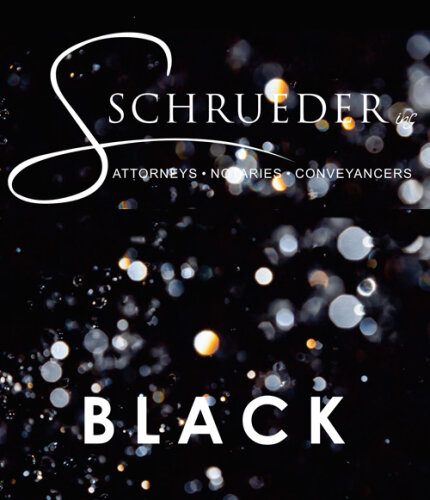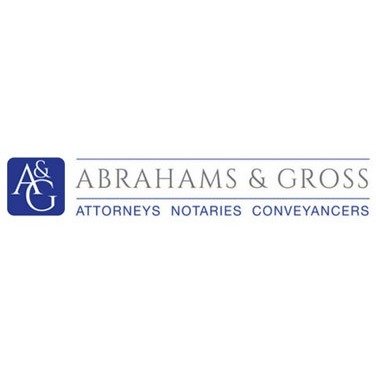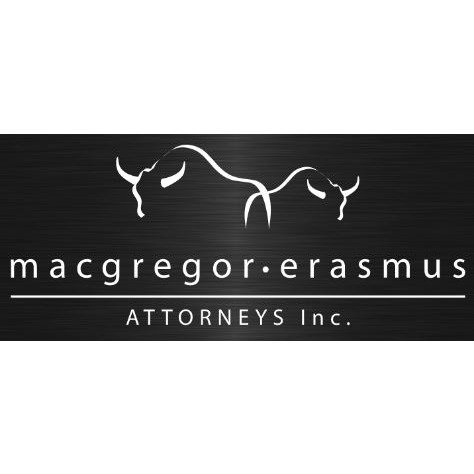Best Antitrust Litigation Lawyers in Cape Town
Share your needs with us, get contacted by law firms.
Free. Takes 2 min.
List of the best lawyers in Cape Town, South Africa
About Antitrust Litigation Law in Cape Town, South Africa
Antitrust litigation law in Cape Town is part of South Africa's broader efforts to ensure competitive markets and fair business practices. Commonly referred to as competition law, antitrust law aims to prevent anti-competitive behavior, such as cartels, abuse of market dominance, and collusion between businesses. Cape Town, as a major hub for commerce and industry, sees a variety of antitrust-related disputes involving companies in sectors such as retail, technology, and manufacturing.
The legal framework governing antitrust litigation in Cape Town aligns with national legislation, specifically the Competition Act 89 of 1998, which outlines both prohibited practices and the processes for handling complaints and enforcing compliance. Litigants in Cape Town may find themselves involved in disputes either as parties accused of anti-competitive conduct or as businesses or consumers harmed by such practices.
Why You May Need a Lawyer
Antitrust litigation is complex and often involves technical economic analysis, detailed evidence, and strict procedural requirements. Here are some common situations where legal help may be necessary:
- Your business is accused of engaging in cartel activity or price-fixing.
- You suspect a dominant competitor is abusing their market position to harm your business.
- You are a consumer or company harmed by unfair trade practices or collusion.
- You have received a notification of investigation from the Competition Commission.
- You need to defend your business in front of the Competition Tribunal or Competition Appeal Court.
- You wish to file a complaint against suspected anti-competitive behavior.
- You require advice on compliance with competition law during mergers or acquisitions.
In these circumstances, a lawyer experienced in antitrust litigation can offer guidance, represent your interests, and help manage the risks of penalties, fines, or reputational damage.
Local Laws Overview
Cape Town operates under South African national legislation concerning antitrust matters. The key statute is the Competition Act, which establishes several main prohibited practices:
- Cartels and Collusive Behavior: Agreements between businesses to fix prices, divide markets, or collude on tenders are strictly prohibited.
- Abuse of Dominance: Firms with substantial market power are banned from engaging in practices that exclude competitors or exploit customers, such as predatory pricing or refusal to supply.
- Merger Control: Certain mergers and acquisitions require approval to ensure they do not result in reduced competition.
Enforcement is primarily handled by the Competition Commission, the Competition Tribunal, and the Competition Appeal Court. Penalties for breaching the Competition Act include hefty administrative fines, dissolution of agreements, and even criminal prosecution in serious cases.
Cape Town businesses should be especially vigilant, as regulatory scrutiny may target both local and international companies operating within the city's jurisdiction.
Frequently Asked Questions
What is antitrust litigation?
Antitrust litigation refers to legal proceedings addressing alleged violations of competition law, such as collusion, abuse of dominance, or anti-competitive mergers.
Which agency investigates antitrust issues in Cape Town?
The Competition Commission investigates potential violations of competition law, with cases often referred to the Competition Tribunal for adjudication.
What are common examples of antitrust violations?
Typical violations include price-fixing, market allocation, bid-rigging, predatory pricing, and abuse of dominant market position.
Can individuals or businesses file a complaint?
Yes, any person or entity can lodge a complaint with the Competition Commission if they suspect anti-competitive conduct has occurred.
What penalties exist for breaching competition law?
Penalties can include administrative fines of up to 10 percent of a company's annual turnover, the nullification of offending agreements, and in some cases, criminal charges.
Are there special rules for mergers?
Mergers above certain thresholds must be notified and approved by the Competition Commission and Tribunal to ensure they do not lessen competition.
Can foreign companies be prosecuted?
Yes, foreign companies operating in South Africa or affecting the South African market may be subject to local competition law enforcement.
How long do antitrust cases take to resolve?
The duration varies depending on complexity, but investigations and litigation can take several months to several years.
What is the role of the Competition Tribunal?
The Competition Tribunal hears cases referred by the Commission, decides on penalties, and assesses the legality of mergers and other conduct.
Should I seek legal advice before responding to a Commission inquiry?
Yes, it is advisable to consult a lawyer before responding to official communications or regulatory inquiries to ensure your rights and interests are protected.
Additional Resources
If you are seeking information or assistance related to antitrust litigation in Cape Town, consider these resources:
- Competition Commission South Africa: The main regulatory body for competition law enforcement.
- Competition Tribunal of South Africa: Adjudicates major competition law disputes and merger control cases.
- Competition Appeal Court: Handles appeals against Tribunal decisions.
- Law Society of South Africa: For finding qualified legal practitioners in Cape Town.
- South African Department of Trade, Industry and Competition: Offers policy guidance and regulatory updates.
Next Steps
If you believe you are involved in or affected by antitrust issues in Cape Town, these are practical steps to take:
- Document all information relevant to the anti-competitive behavior or inquiry.
- Consult a lawyer with experience in competition law to assess your situation and plan your response.
- If needed, prepare and submit a detailed complaint or response to the Competition Commission or Tribunal.
- Follow your lawyer's guidance on interacting with regulatory authorities and participating in investigations or hearings.
- Stay informed about your rights, obligations, and any deadlines set by authorities.
Seeking legal advice early can make a significant difference in protecting your interests and achieving a favorable outcome in antitrust litigation.
Lawzana helps you find the best lawyers and law firms in Cape Town through a curated and pre-screened list of qualified legal professionals. Our platform offers rankings and detailed profiles of attorneys and law firms, allowing you to compare based on practice areas, including Antitrust Litigation, experience, and client feedback.
Each profile includes a description of the firm's areas of practice, client reviews, team members and partners, year of establishment, spoken languages, office locations, contact information, social media presence, and any published articles or resources. Most firms on our platform speak English and are experienced in both local and international legal matters.
Get a quote from top-rated law firms in Cape Town, South Africa — quickly, securely, and without unnecessary hassle.
Disclaimer:
The information provided on this page is for general informational purposes only and does not constitute legal advice. While we strive to ensure the accuracy and relevance of the content, legal information may change over time, and interpretations of the law can vary. You should always consult with a qualified legal professional for advice specific to your situation.
We disclaim all liability for actions taken or not taken based on the content of this page. If you believe any information is incorrect or outdated, please contact us, and we will review and update it where appropriate.

















